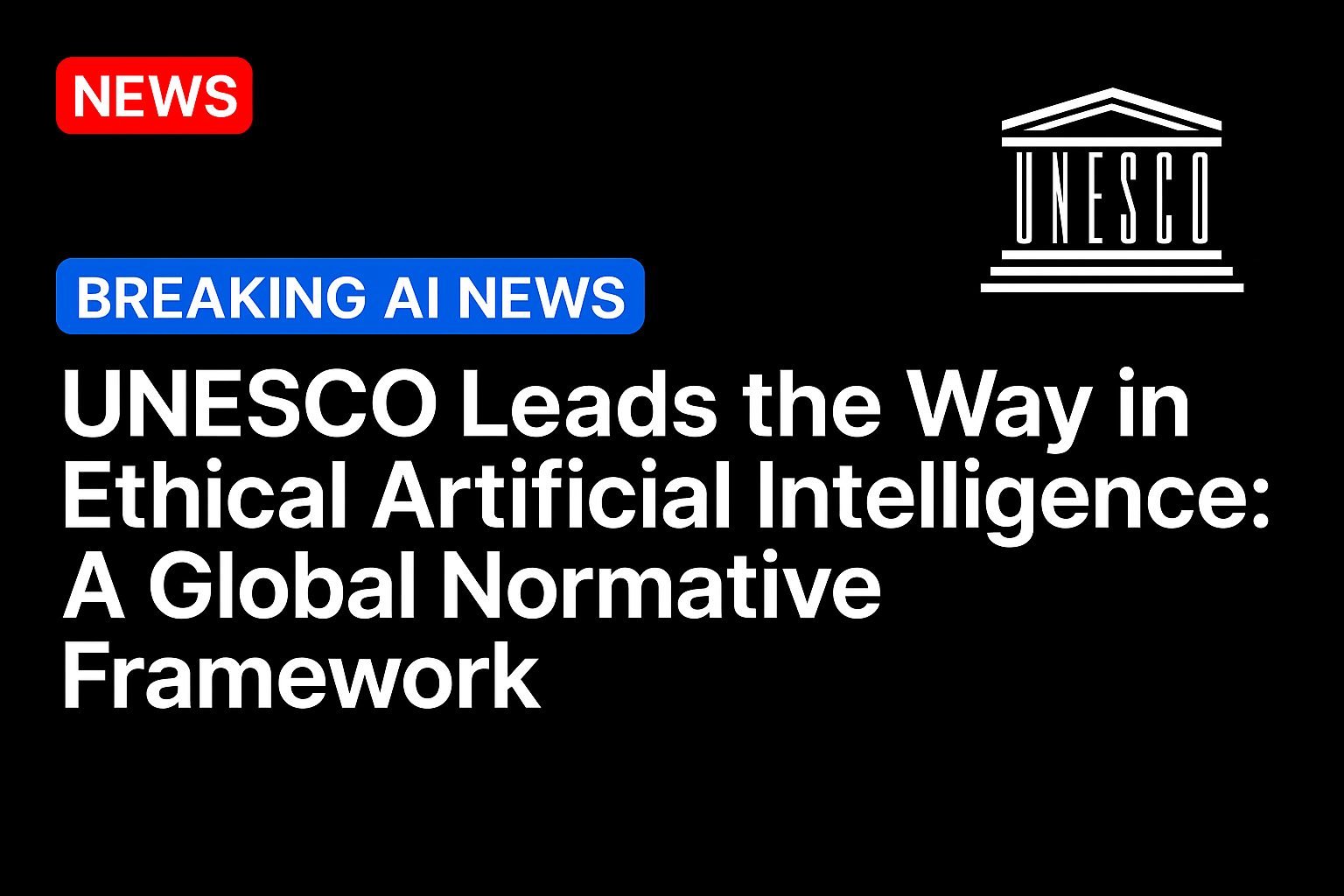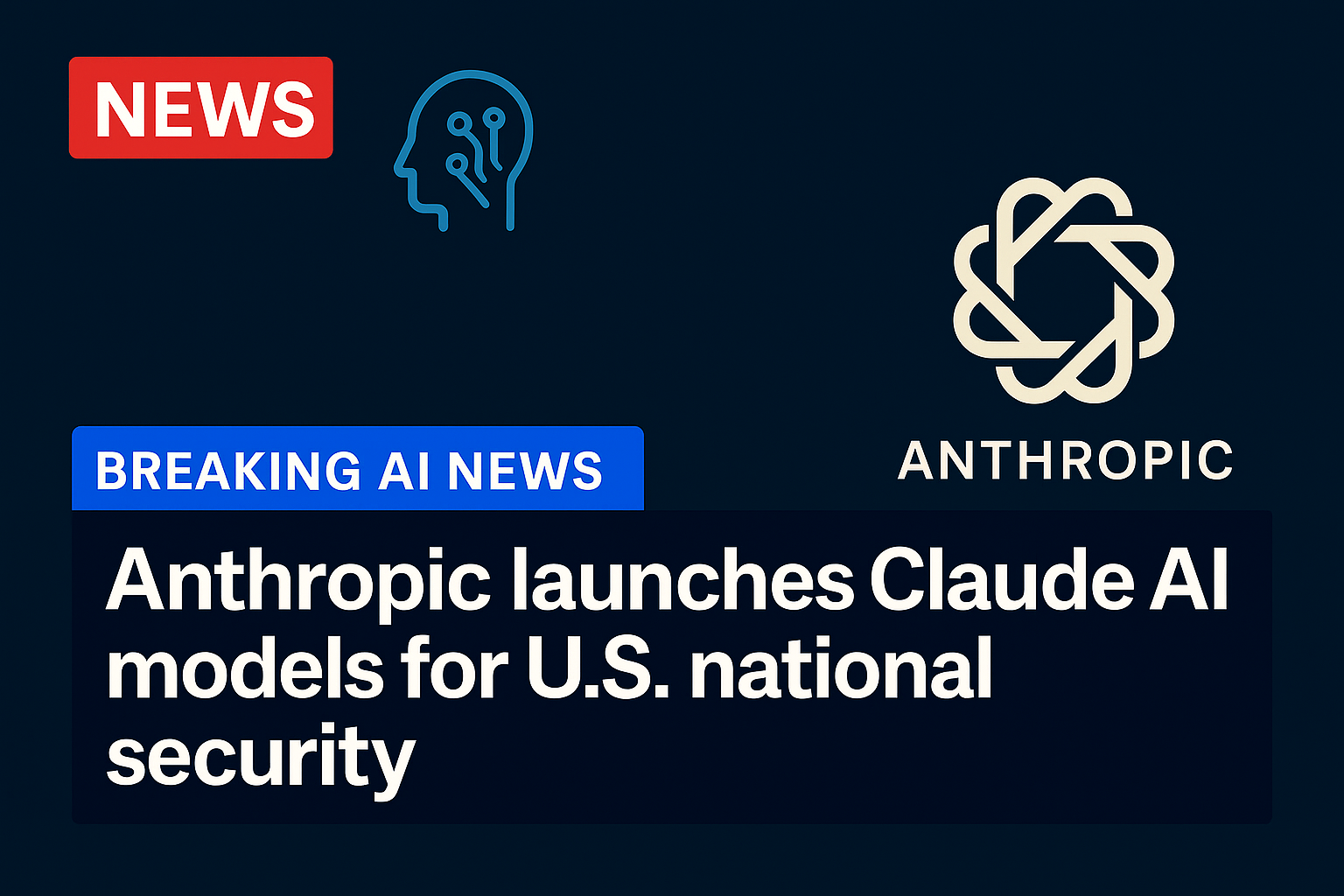In an era where artificial intelligence (AI) increasingly influences every aspect of life — from healthcare and education to justice and governance — questions about ethics, fairness, and human dignity are more urgent than ever. Recognizing this challenge, UNESCO’s AI Ethics program has positioned itself at the forefront of the global effort to ensure AI develops in ways that are both beneficial and just.
The World’s First Global Normative Framework on AI Ethics
At the heart of UNESCO’s work is its Recommendation on the Ethics of Artificial Intelligence, adopted unanimously by its 193 Member States. This landmark document is the world’s first global normative framework for ethical AI. It sets out principles and actionable guidelines designed to ensure that AI technologies uphold human dignity, respect human rights, and contribute to sustainable development.
By focusing on issues such as transparency, accountability, inclusiveness, and sustainability, the Recommendation provides a common ethical foundation that governments, developers, and users around the world can align with — addressing growing concerns over bias, discrimination, and misuse of AI.
Supporting Member States to Build Ethical AI Ecosystems
UNESCO’s role does not stop at drafting recommendations. Its AI Ethics program actively supports member states in translating these principles into national policies and practices. Through capacity-building workshops, policy guidance, and tools for self-assessment, UNESCO helps governments create environments where ethical standards are not just ideals but practical realities.
This hands-on approach is critical in ensuring that ethical AI is not merely a privilege of technologically advanced nations but a shared global standard. The program particularly emphasizes inclusivity, working to bridge digital and ethical divides between countries and communities.
Ensuring AI Serves Humanity
AI holds immense potential to advance the United Nations’ Sustainable Development Goals — from improving healthcare access to mitigating climate change. Yet without careful governance, the same technology can exacerbate inequalities and erode trust. UNESCO’s ethical framework aims to keep humanity at the center of innovation, ensuring that progress does not come at the cost of justice, fairness, and sustainability.
As AI continues to evolve at an unprecedented pace, UNESCO’s work reminds us that how we innovate is as important as what we innovate. By fostering a global conversation and concrete actions rooted in ethics, UNESCO is helping shape a future where AI truly serves the common good.
For more information about UNESCO’s AI Ethics program and its ongoing initiatives, visit: 🌐 unesco.org/en/artificial-intelligence





